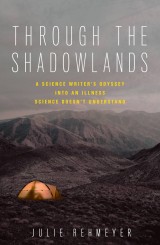 We offer two feature interviews on today’s show.
We offer two feature interviews on today’s show.
Chronic Fatigue Syndrome (start time: 11:49) Imagine spending years waking up so sore and fatigued many mornings that you can barely move. And traversing the country to find doctors who could offer a clear diagnosis, only to find out they don’t really know. And feeling your friendships and professional relationships start to fray, as people question whether you’re making up your illness. For those who have suffered from chronic fatigue syndrome (CFS, or ME), or a similar disease, Julie Rehmeyer’s story may sound painfully familiar. The science and math writer talks with host Susan Moran about her new book about the illness, called Through the Shadowlands: A Science Writer’s Odyssey Into an Illness Science Doesn’t Understand. Rehmeyer will speak about her book on Thursday at 7:30 p.m. at the Boulder Book Store.
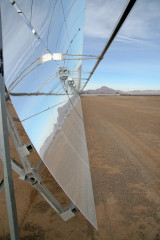
Renewable Energy Debate (start time: 3:20): A bitter scientific debate, as reported in the Washington Post, has surfaced among two scientific groups that are both pushing to decarbonize U.S. electricity generation. On one side are experts such as Boulder mathematician Christopher Clack, who contends in a new analysis that the U.S. can cut its carbon emissions by nearly 80%, using existing technologies, by 2030. On the other side of this feud is Mark Jacobson, an atmospheric scientist and engineer at Stanford University. He claims the nation can move to 100% renewable energy by 2055. This week, in a peer-reviewed analysis published in the Proceedings of the National Academies of Sciences, Clack and colleagues call Jacobson’s vision of 100% renewables unrealistic, and says his calculations and modeling are full of errors. Jacobson and his group have countered Clack et al’s analysis is full of errors. Dr. Clack, founder of Vibrant Clean Energy and with NOAA and the University of Colorado Boulder when he conducted this research, talks with host Shelley Schlender about the science, the debate, and what it means for the pursuit of clean energy.
Hosts: Susan Moran, Shelley Schlender
Producer: Susan Moran
Engineers: Maeve Conran, Shelley Schlender
Executive Producer: Susan Moran
Listen here to the show:
Podcast: Play in new window | Download (Duration: 27:40 — 25.3MB)
Subscribe: RSS





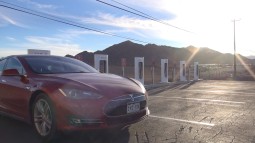
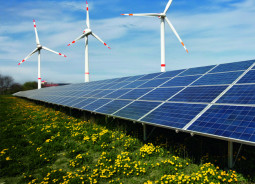
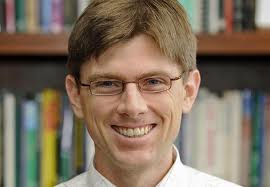
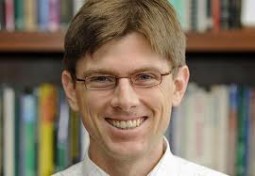 In last month’s election, Boulder voters gave the go-ahead for the city to move forward on municipalizing the electrical utility. The chief motivation for that decision was to put more renewable energy on the grid. There are a large number of policy options to incentivize renewable energy – so many that it’s hard to keep them all straight.
In last month’s election, Boulder voters gave the go-ahead for the city to move forward on municipalizing the electrical utility. The chief motivation for that decision was to put more renewable energy on the grid. There are a large number of policy options to incentivize renewable energy – so many that it’s hard to keep them all straight.  Mountainous areas like the Rockies are hotspots for plant and animal biodiversity but as the climate warms many of these species – including Colorado’s iconic pica — are under threat. Much research has focused on the effects of temperature change, but less has focused on the interactions of temperature and precipitation in a changing climate. University of Colorado biologist
Mountainous areas like the Rockies are hotspots for plant and animal biodiversity but as the climate warms many of these species – including Colorado’s iconic pica — are under threat. Much research has focused on the effects of temperature change, but less has focused on the interactions of temperature and precipitation in a changing climate. University of Colorado biologist 
 In today’s show take a look at the future of wind energy. We have with us in the studio
In today’s show take a look at the future of wind energy. We have with us in the studio